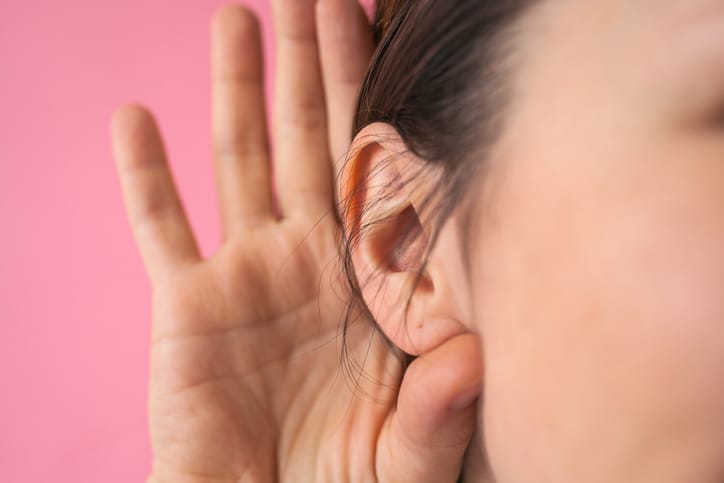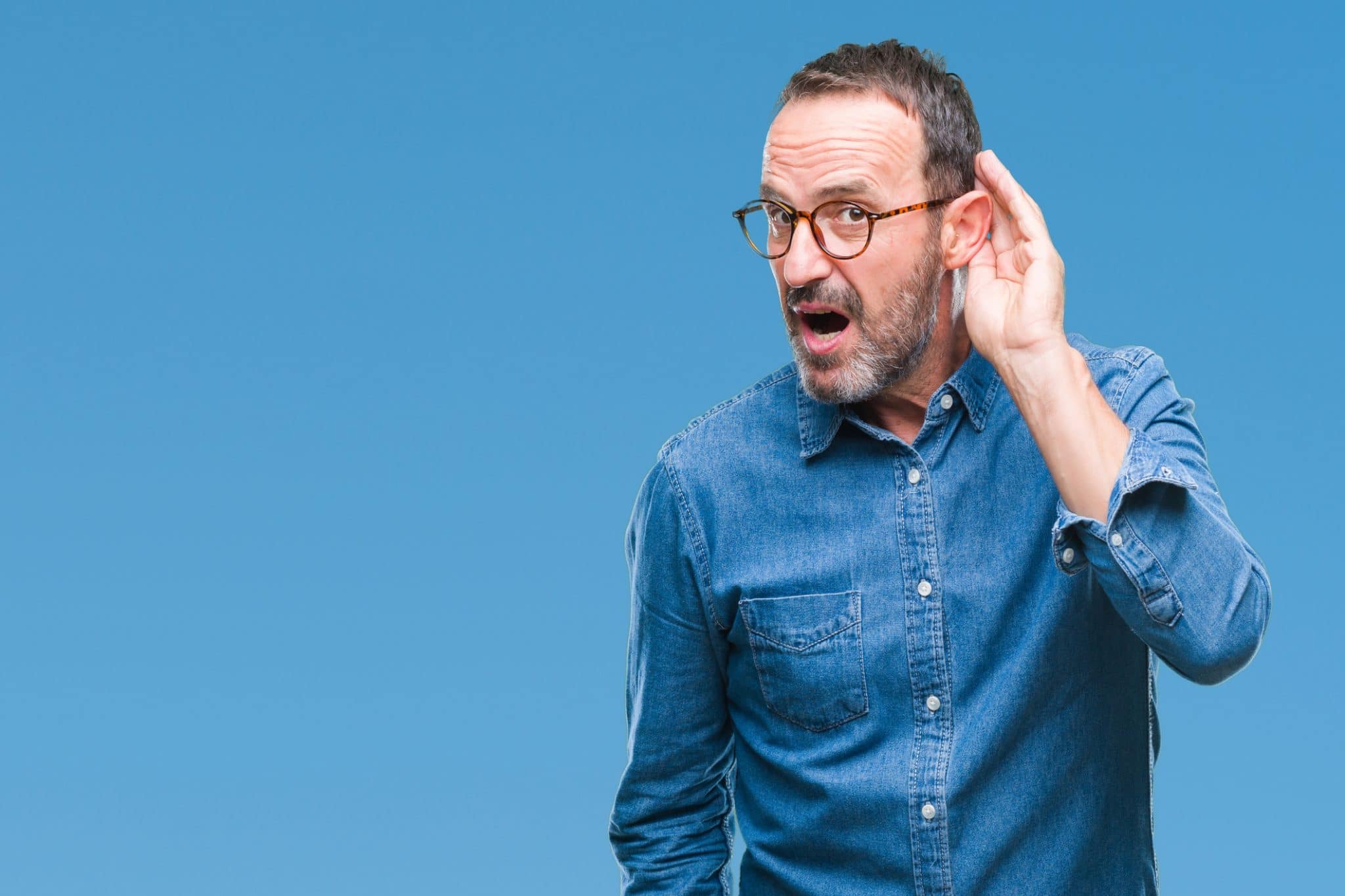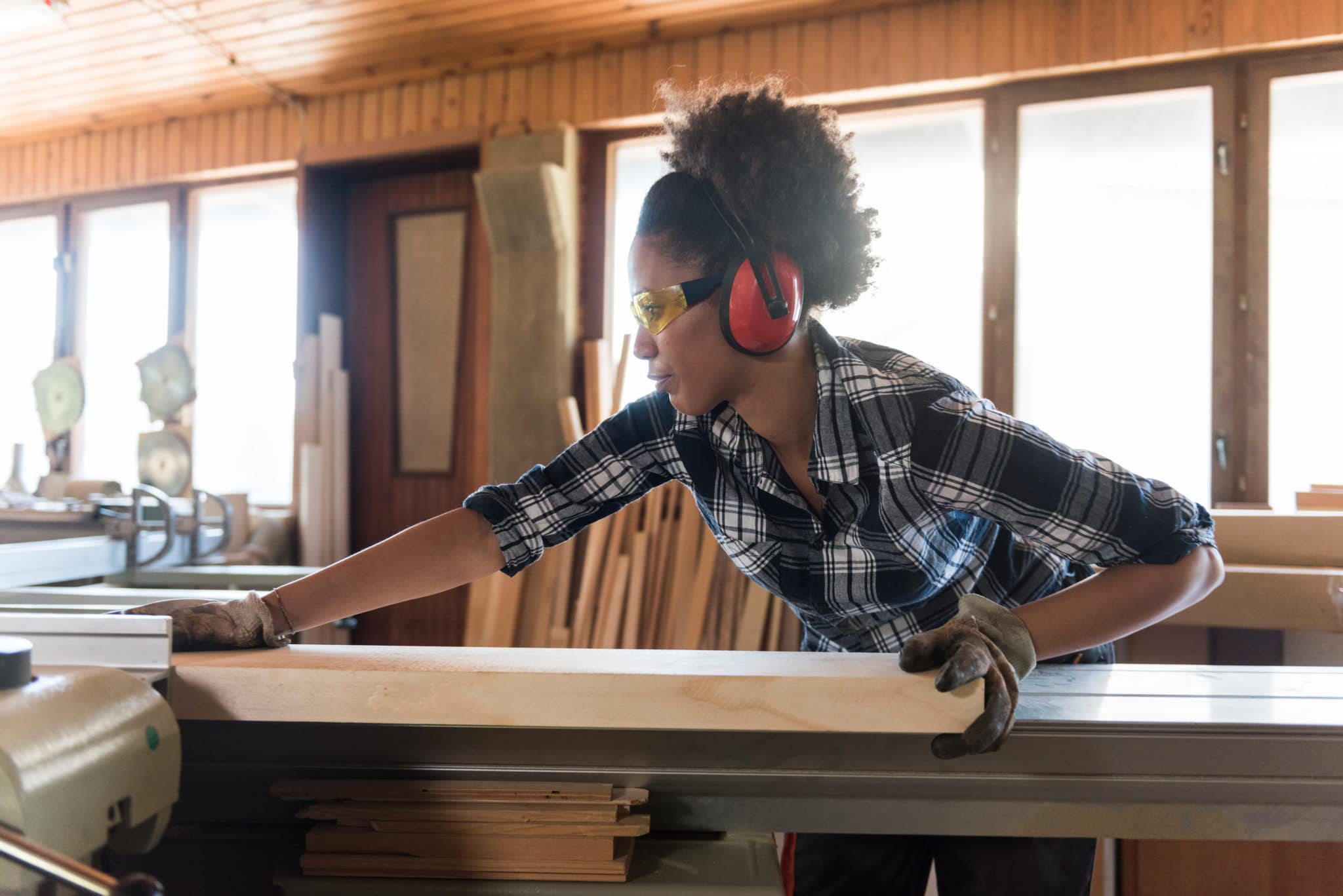-
Helping You Take Control of Your Tinnitus
Meet Dr. Sara K. Downs, an audiologist who has been working with tinnitus patients for over 20 years. In addition to Audiology, Dr. Downs is Certified in Mind-Body Medicine and the Safe and Sound Protocol.…
-
Tinnitus Relief Technique – Soft Belly Breathing
This tinnitus relief technique helps calm the nervous system to bring you to a relaxed state. In this video, Dr. Sara K. Downs guides you through this helpful and calming technique.
-
What is Unilateral Hearing Loss?
What is Single Sided Deafness? Sometimes referred to as unilateral hearing loss, single sided deafness is a condition in which an individual experiences hearing loss in only one ear but can hear normally out of…
-
What is Sudden Hearing Loss?
For most people who experience hearing loss, the condition comes on gradually over a period of years. In rare cases, an abrupt loss of hearing occurs with little or no warning. This condition is known…
-
What is Noise Induced Hearing Loss?
How Can Sounds Hurt Your Ears? Background sound is a constant in our busy lives. Normally, background noises are at safe levels that do not negatively impact our hearing. But repeated exposure to noise above…


